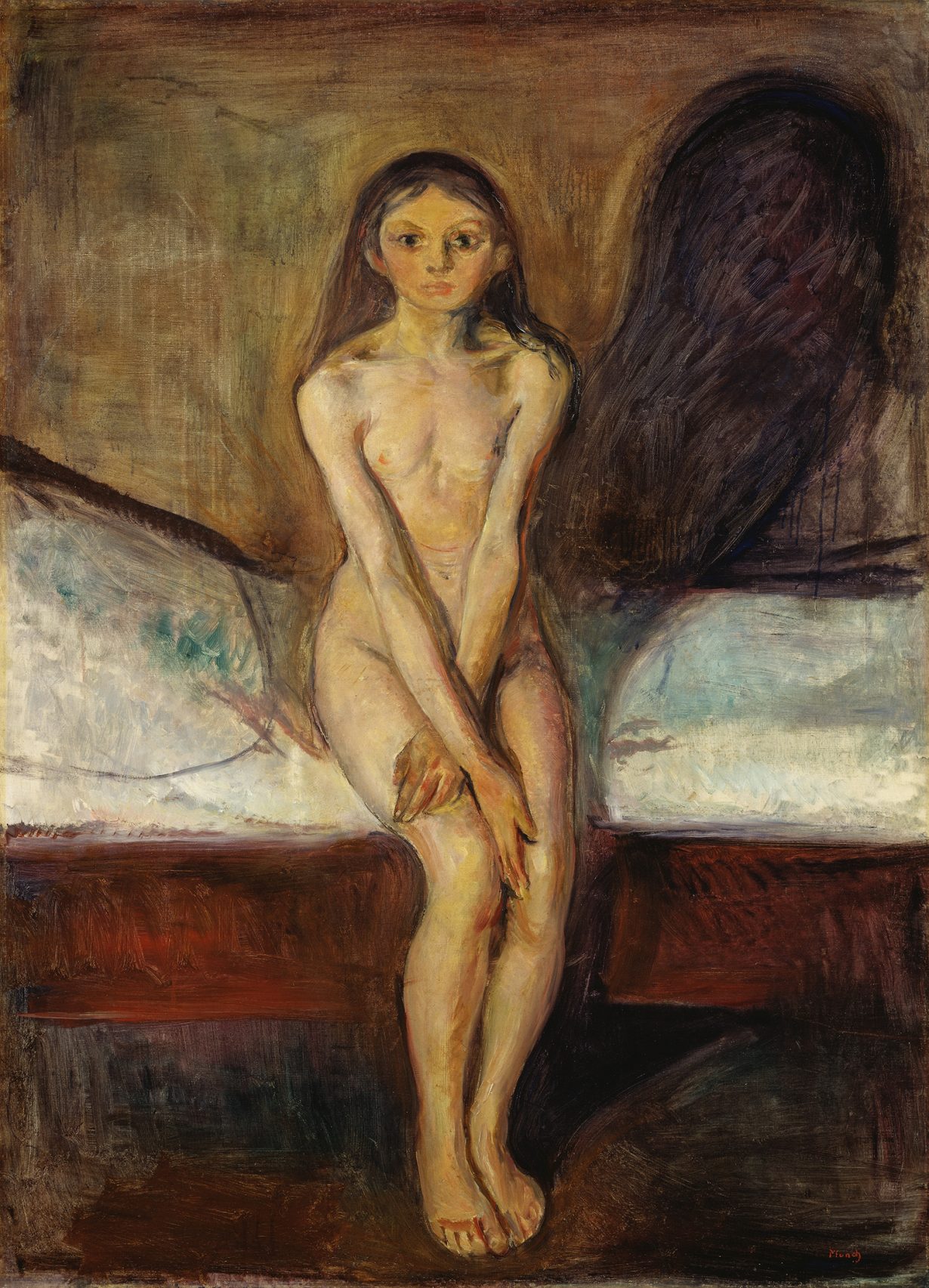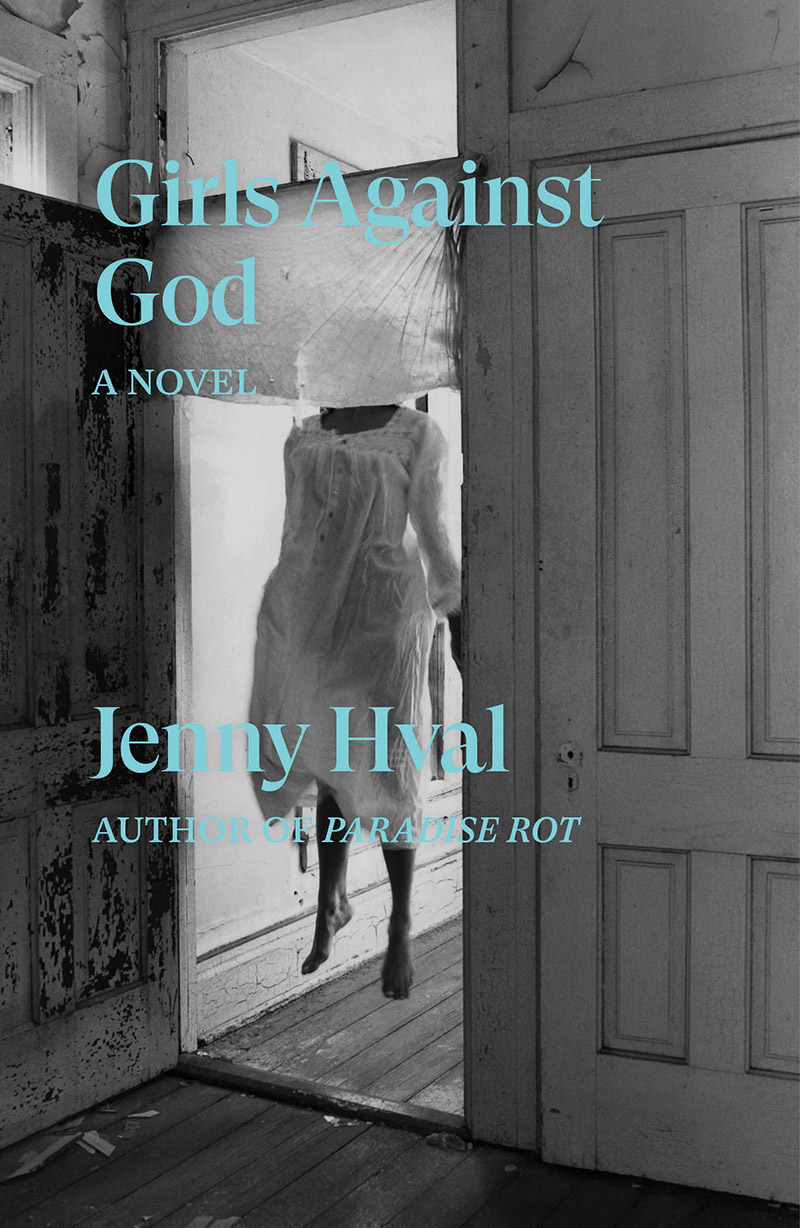
‘Blasphemy protects us from the moral fables we grew up with,’ writes Norwegian musician and author Jenny Hval in this genre-bending novel, ‘blasphemy renounces anything that requires our submission. It shows us the cracks in this reality, through which we can pass into another, more open meeting place.’ Part feminist manifesto, part horror story, part film script, part coming-of-age tale, part recent Norwegian social history, Girls Against God documents its narrator’s rebellion against the moralities, orthodoxies and patriarchies of the Norwegian south, set between the twin poles of white (picket fences) and black (Norwegian metal – ‘self-expression for insecure men who want to return to a time when they could have been strong’). What begins with dressing as a goth and cursing at school morphs into witches’ covens and fantastic demonic, cannibalistic banquets.

Along the way Hval segues into the role of language (Norwegian, but also English) as a tool of both suppression and liberation, and the role of digital technology in the same. And is haunted by Edvard Munch’s 1894–95 painting Puberty, which depicts a naked girl, her legs clenched, perched on the edge of a bed. When she first sees it, having struggled through a crowd of gawpers in Oslo’s National Museum, it’s a form of pornography, but on reflection that changes: ‘Maybe the girl from Puberty, and all naked young women in all paintings, are actually sitting there hating. Hating the painter, hating their boring gloomy life, hating the king and the president and the bishop and the prime minister and the authors and society and their own place in it.’

Over the course of the novel, the author kicks against the pricks of a male pantheon that includes Knut Hamsun, Ernest Hemingway, Raymond Carver and David Foster Wallace (and the perception of artmaking that they embody), and Little Boy, Fat Man and the Manhattan Project (‘a mushroom-shaped erection fantasy’). ‘I want to be in a place where I don’t have anything to hate,’ the author writes. It’s never quite clear if she succeeds. Or, for that matter, wants to.
Girls Against God, by Jenny Hval, is published by Verso